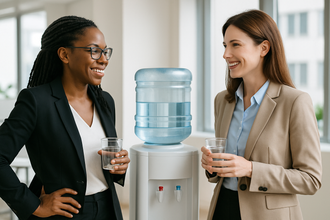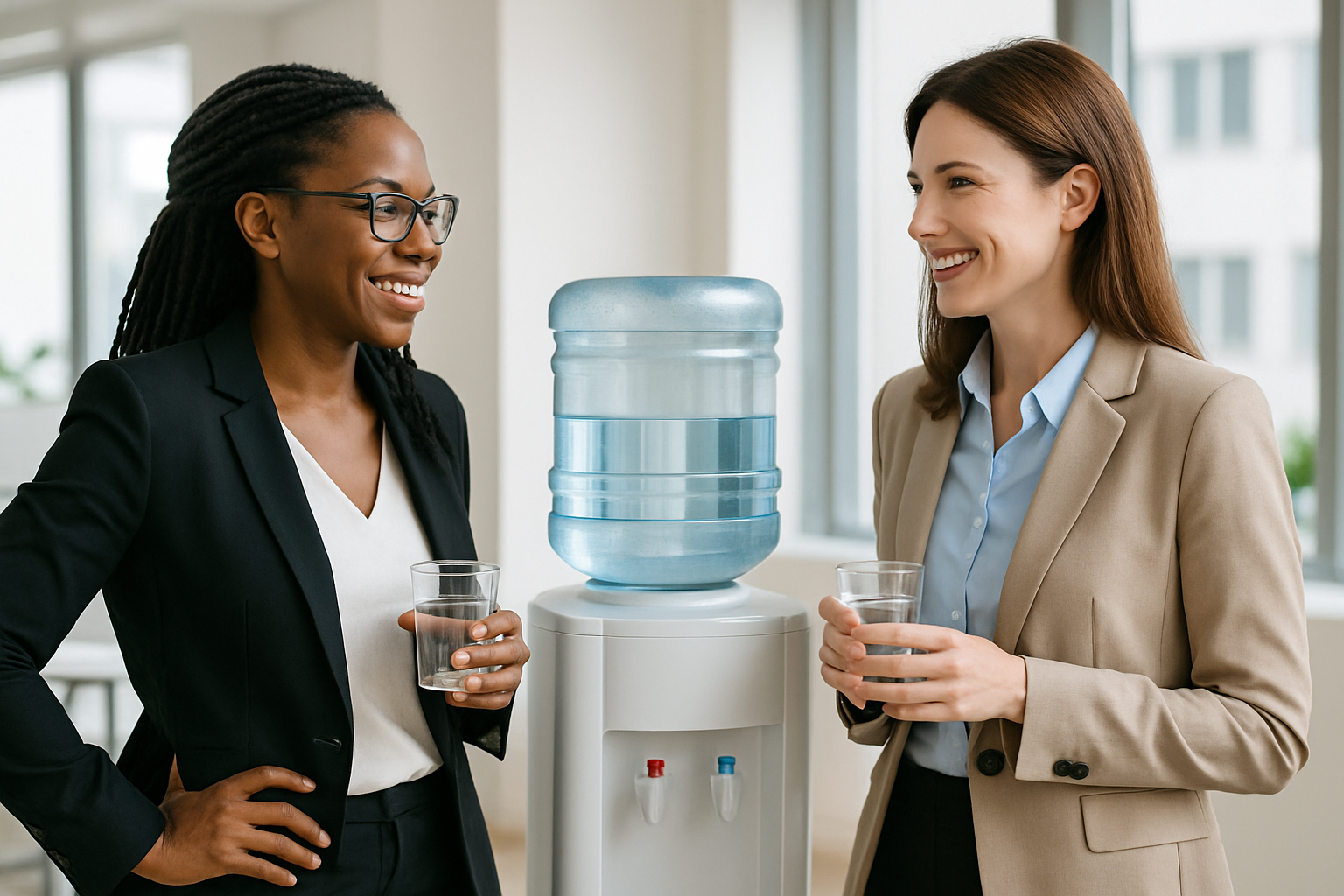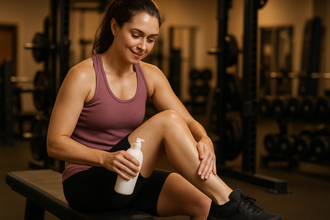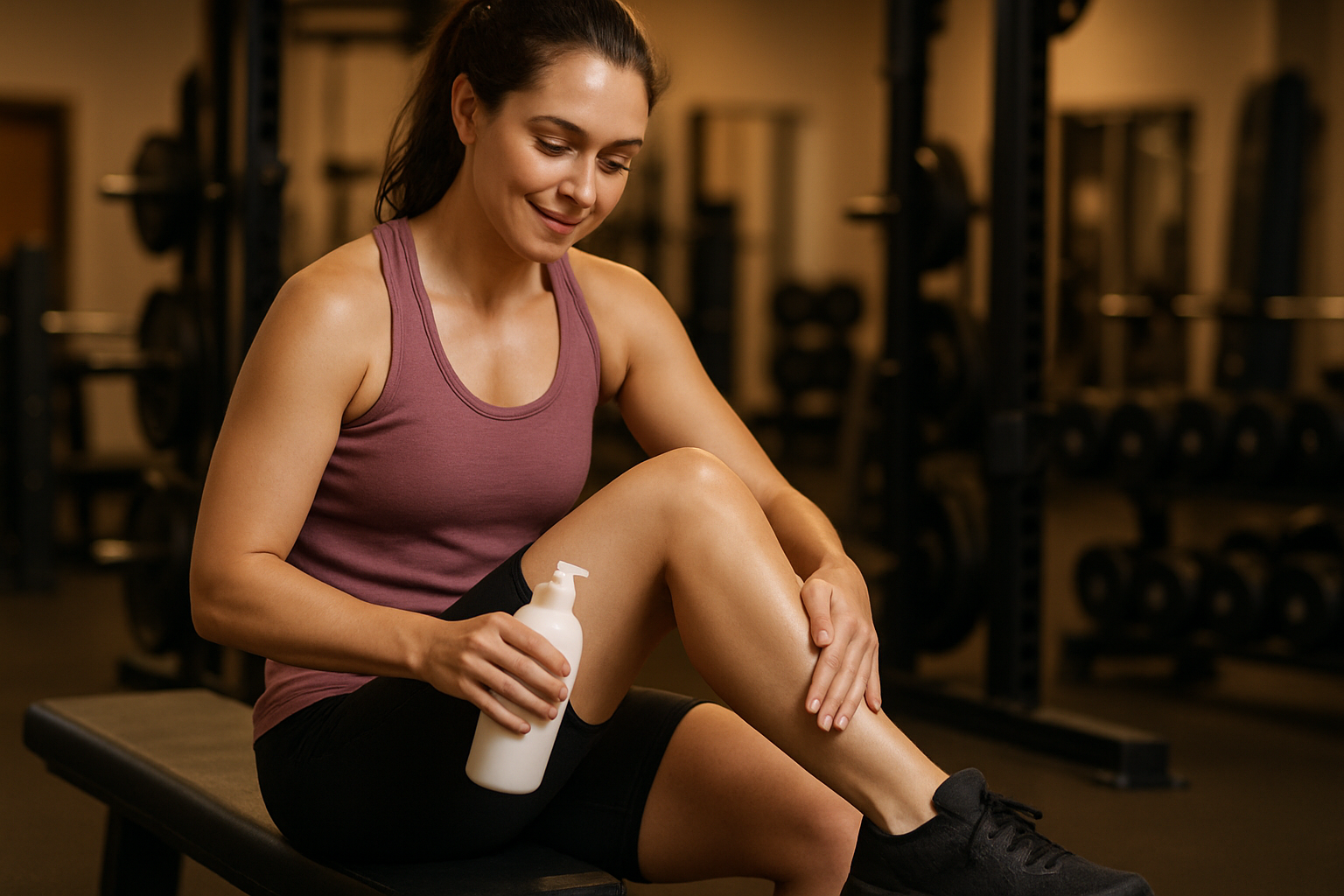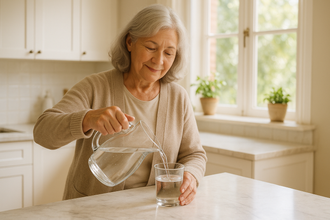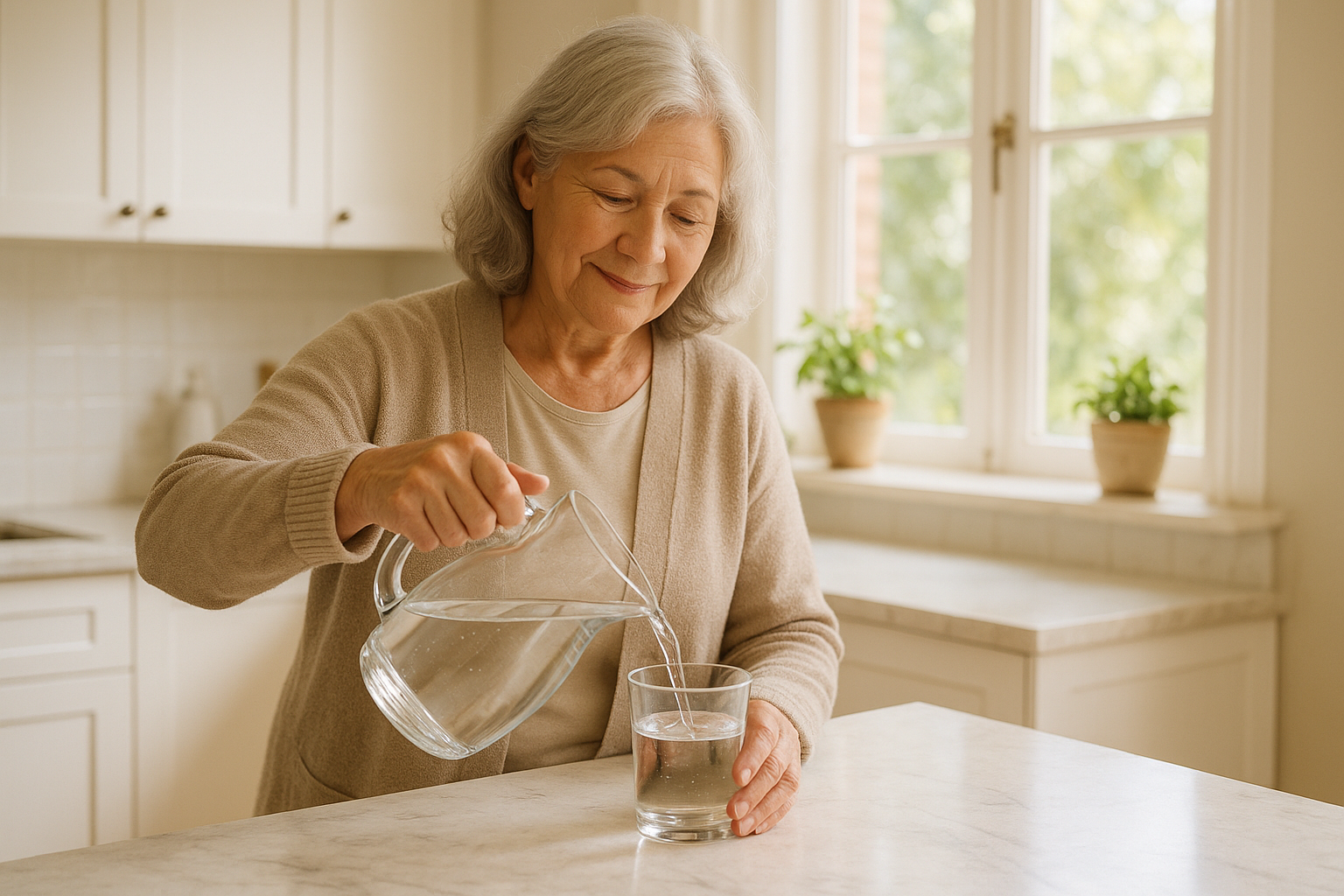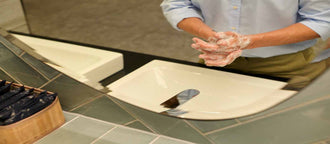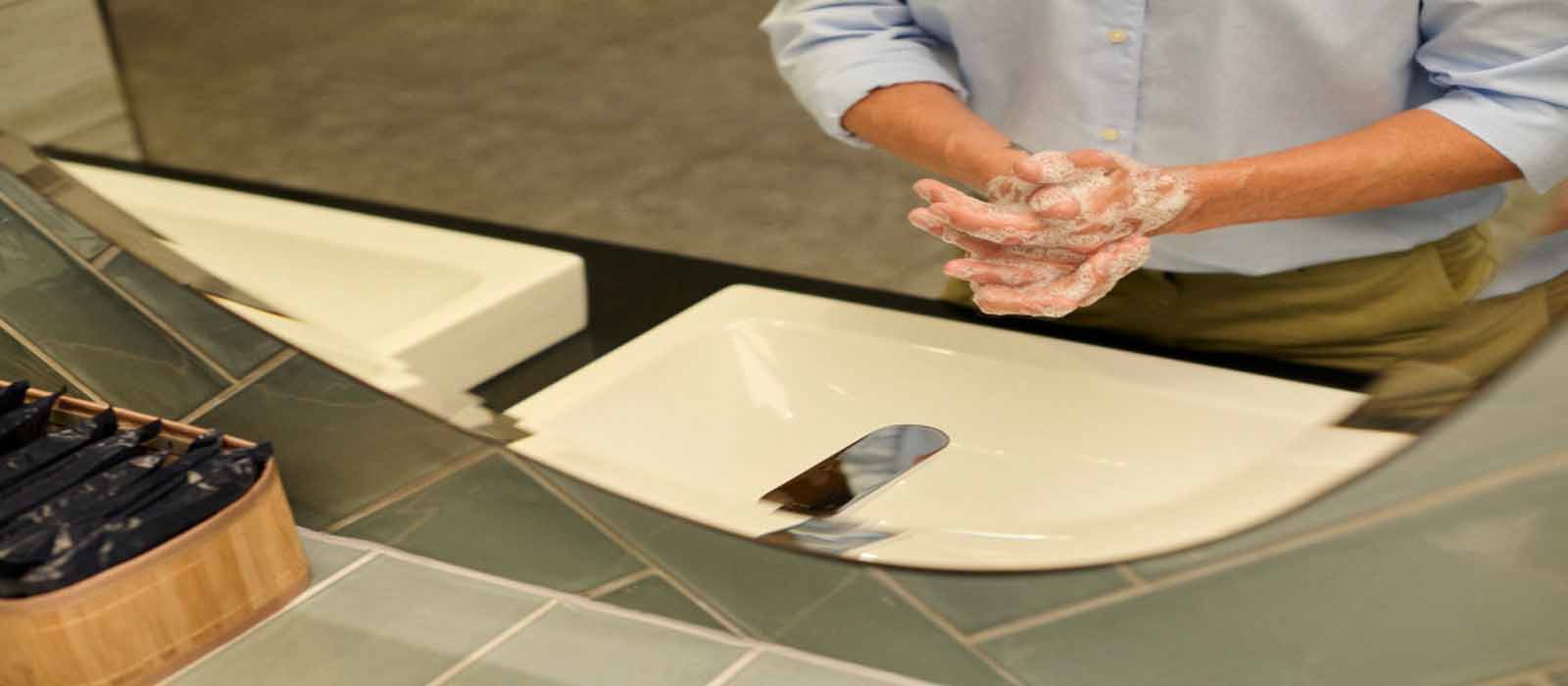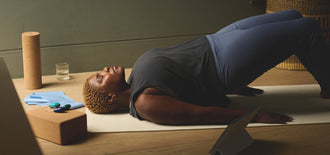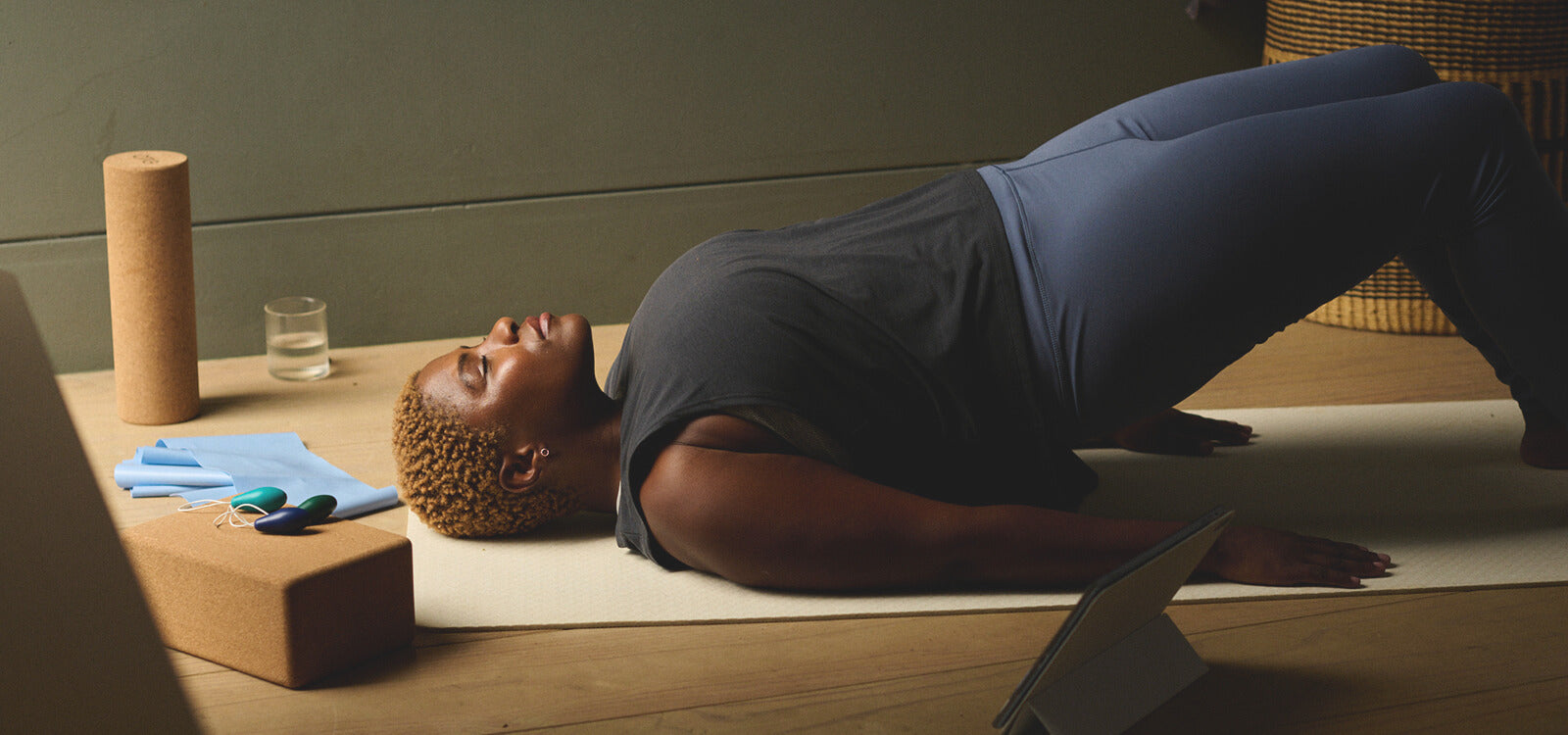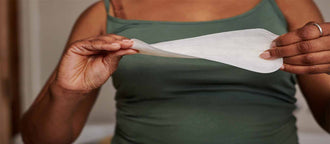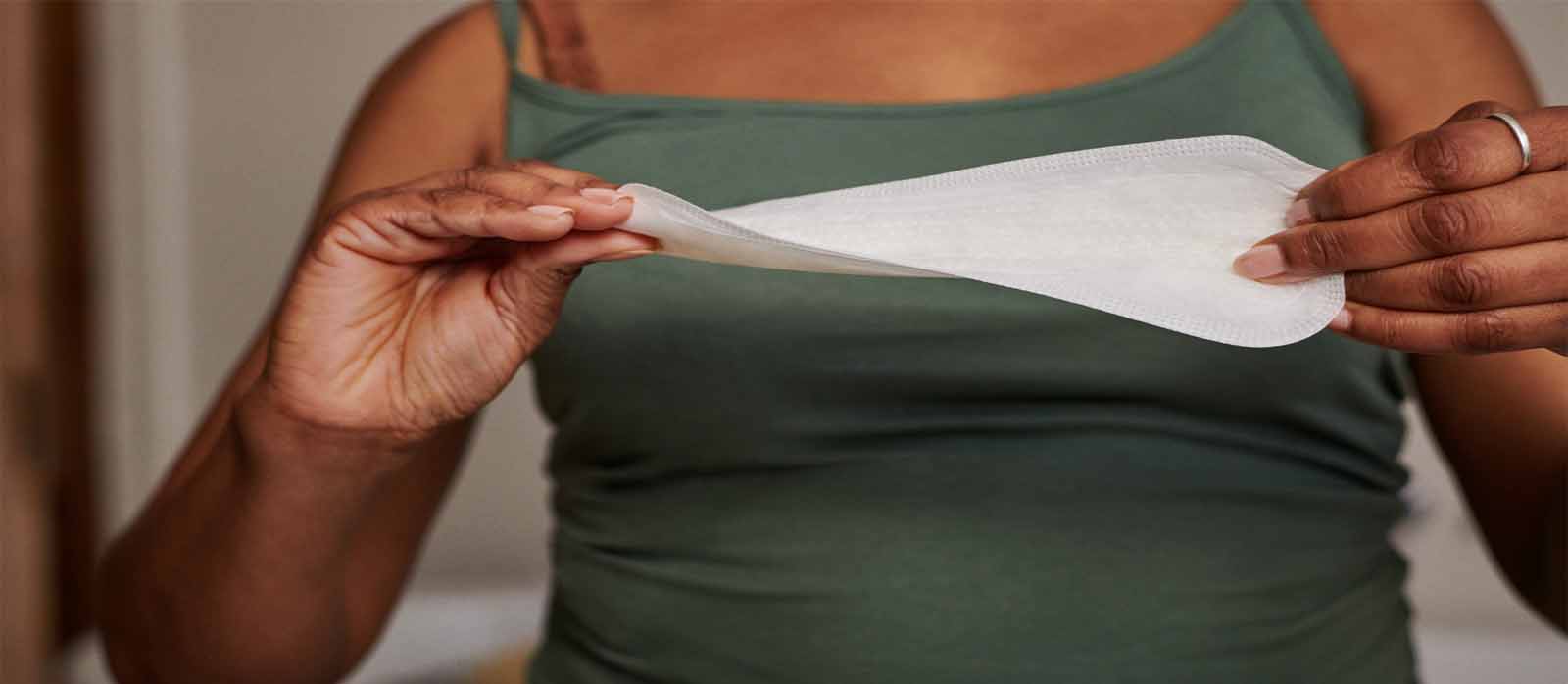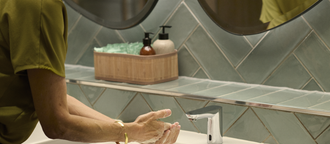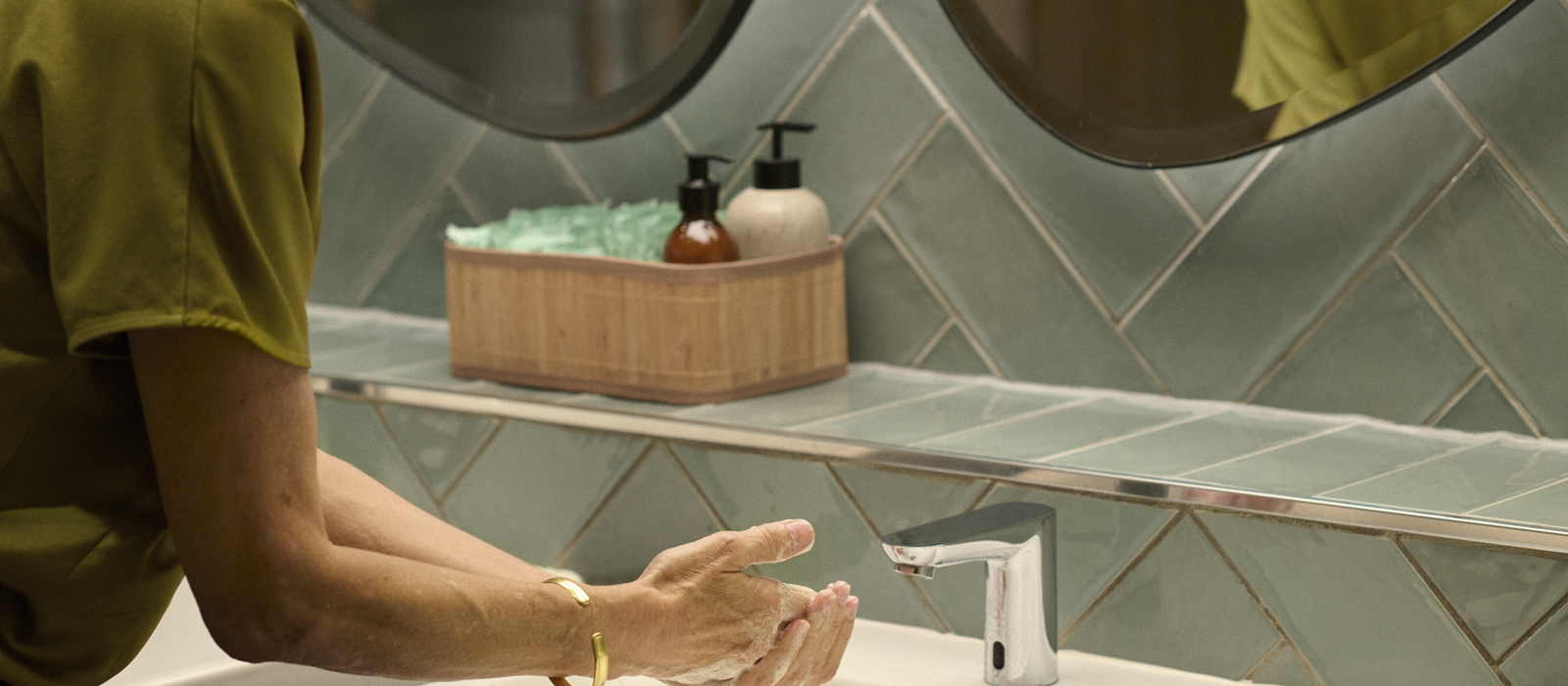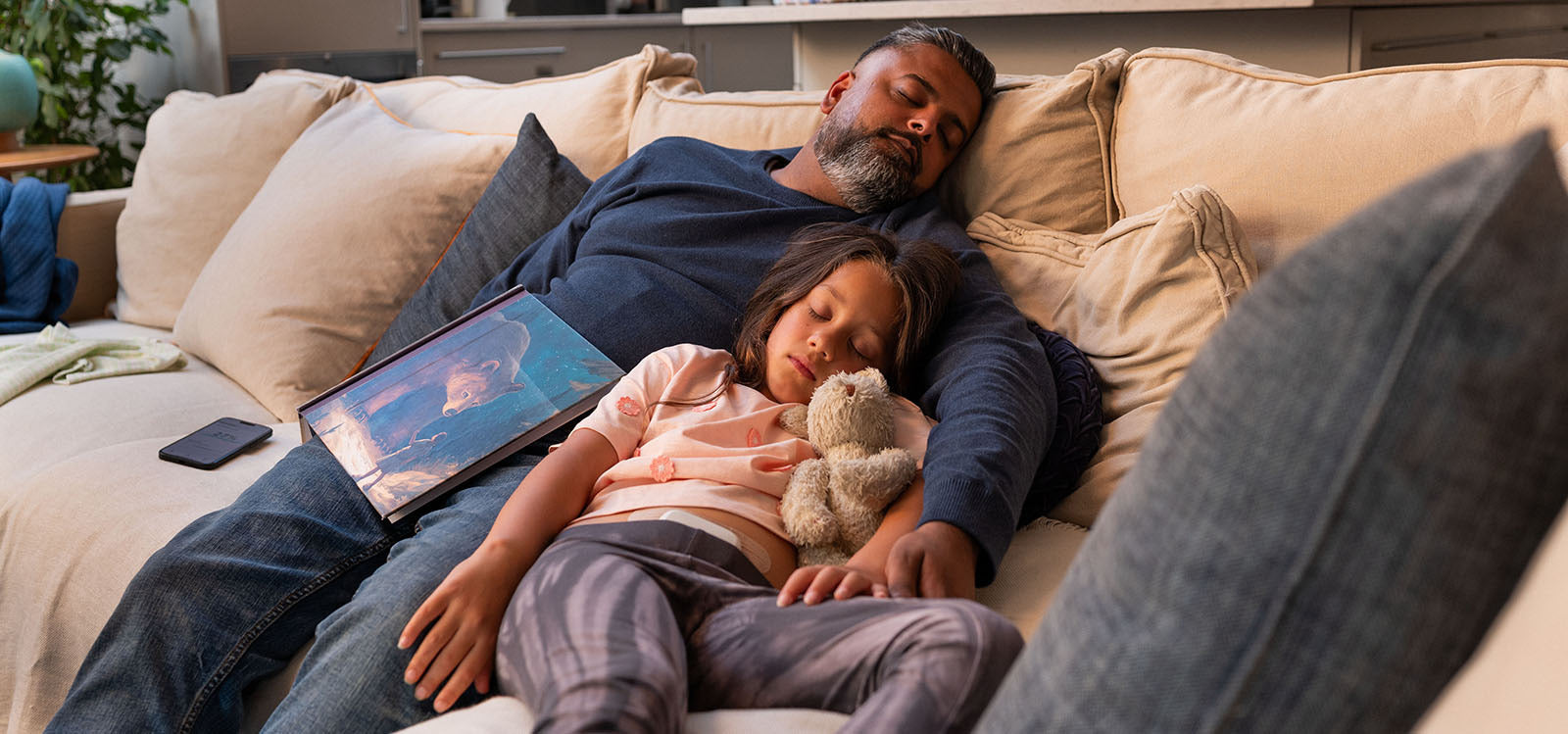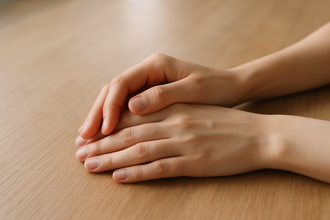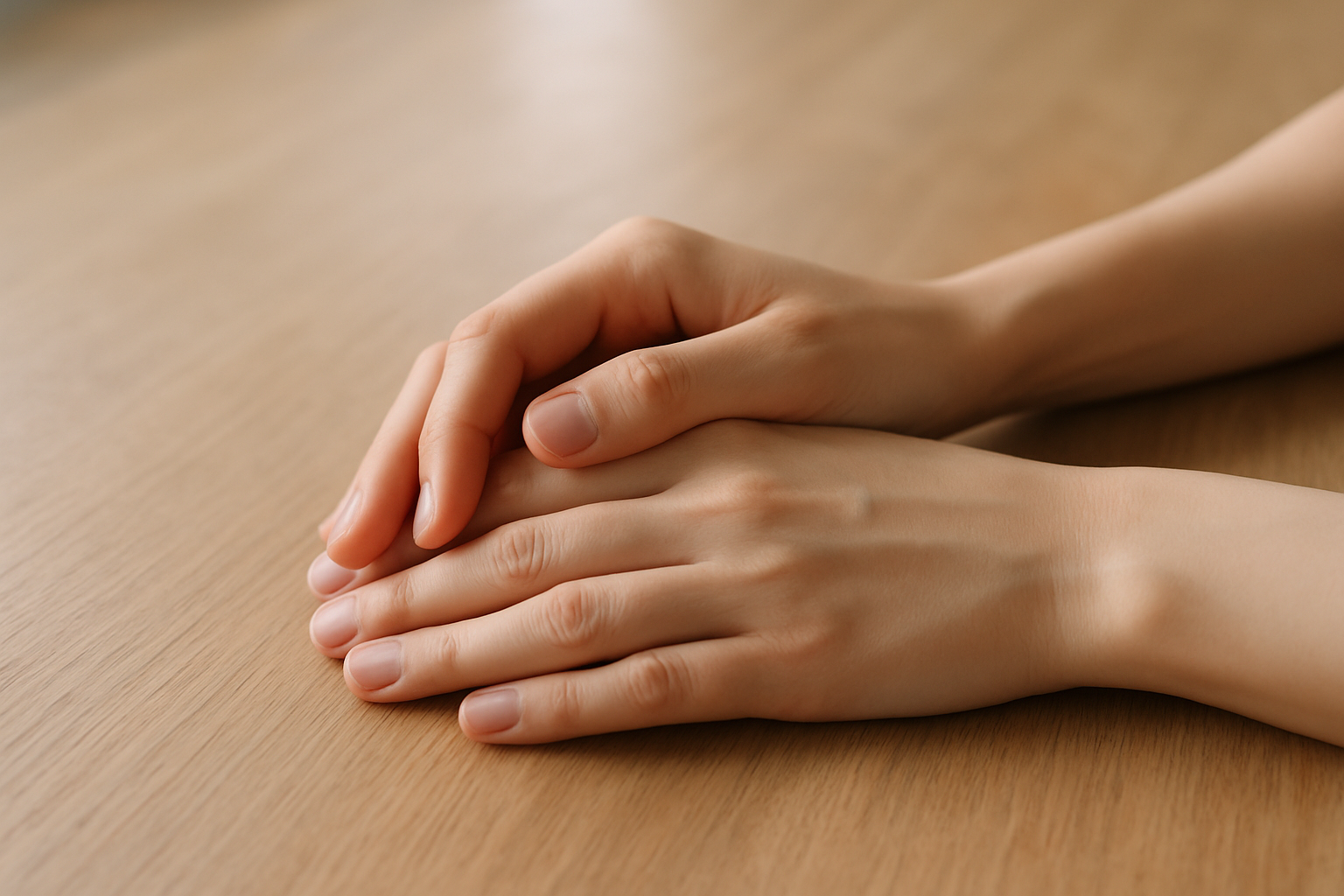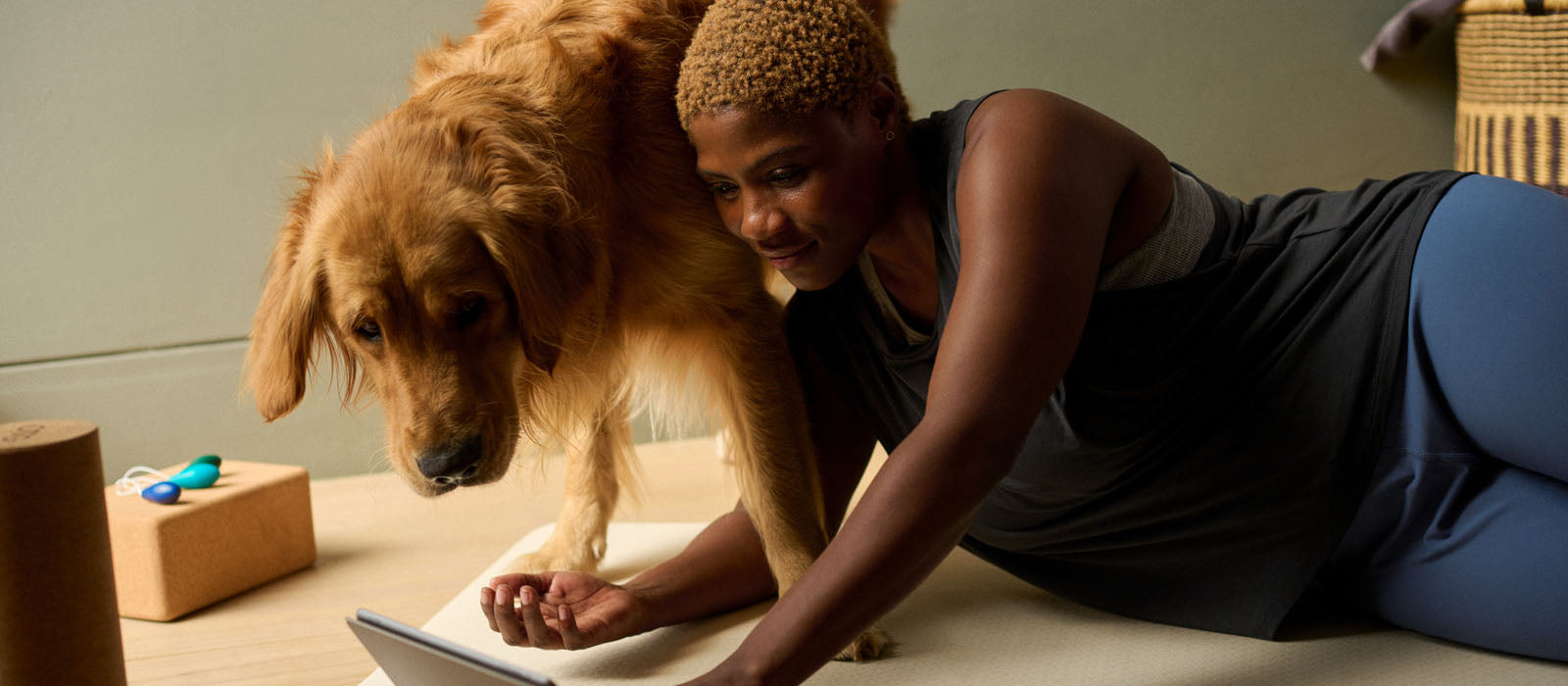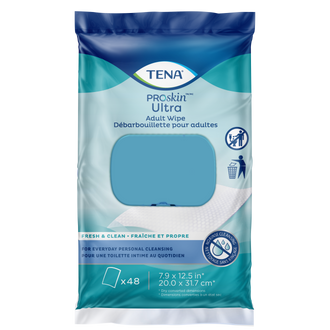May 08, 2025
Ever feel like you’re making way too many trips to the bathroom? Or maybe you’re wondering if your bathroom breaks are too far apart? Urination frequency varies from person to person, but there’s a general range that’s considered normal. Let’s break down how often is normal, what can affect it, and when you should be concerned.
What is Considered Normal Urination Frequency?
The urinary frequency for most adults is between seven to eight times a day, but that number isn’t set in stone.1 A few factors can contribute to frequent bathroom trips:
- Hydration: The more fluids you drink, the more you’ll pee. Caffeine and alcohol can also increase trips to the bathroom.2
- Age: The older you get, especially over the age of 70, the higher the likelihood of frequent urination.1
- Health conditions: Certain issues like diabetes, urinary tract infections (UTIs), or an overactive bladder can change your bathroom habits. 1
Healthy urine output means peeing enough to stay hydrated while not feeling like you’re constantly searching for the nearest restroom.
How Can You Identify if You Have a Urination Frequency Problem?
If you’re finding that bathroom trips are interfering with your life, it might be time to pay attention. Some red flags include:
- Getting up to pee every thirty minutes to an hour.1
- Experiencing urgency or leaks before you can reach a toilet.2
- Pain or discomfort while urinating, which could signal an infection or another issue.2
If any of this sounds familiar, a quick chat with your doctor can help pinpoint the cause and help get things back to normal.
Frequent Urination Causes
Drinking lots of fluids can explain why you’re spending more time in the bathroom than anywhere else, but sometimes there’s more to the story. Frequent urination can be linked to lifestyle habits, medications or medical conditions that affect your nervous system.1 Some causes, like a UTI, are temporary, while others, like diabetes or an enlarged prostate, might need long-term management.1 Let’s dive into some of the most common reasons why you might be experiencing excessive urination.
How Do Urinary Tract, Bladder, and Pelvic Conditions Affect Urination?
If your bladder or pelvic area isn’t working as it should, your bathroom trips can skyrocket. Here are a few common reasons:
- Urinary tract infections (UTIs): If you suddenly feel like you have to pee every five minutes (and it burns when you do), a UTI might be to blame.
- Overactive bladder syndrome (OAB): If your bladder is empty and you have that urgent “I need to pee right now” feeling, it could be OAB.1
- Conditions that affect your pelvic floor muscles: Your pelvic muscles help control urination.2 If they’re weak or not functioning properly, you might struggle with leaks or constant bathroom breaks.
How Does Pregnancy Urination Impact Frequency?
Pregnancy and peeing regularly go hand in hand. But why does it happen?
- Hormones1: Pregnancy hormones like progesterone and human chorionic gonadotropin tell your kidneys to produce more urine.
- Growing uterus1: As your baby gets bigger, your bladder gets squished. Less space = more frequent trips.
Frequent urination is totally normal during pregnancy,1 but if it comes with burning or discomfort, you might have a UTI.
Can an Enlarged Prostate Cause Frequent Urination?
An enlarged prostate (benign prostatic hyperplasia, or BPH) could be the culprit that actually causes you to urinate less.2 As the prostate grows, it presses against the urethra, blocking urination and making it a slow, frustrating process.
Signs of BPH include:
- A weak urine stream (like it’s struggling to come out)
- Starting and stopping midstream
- Feeling like your bladder isn’t empty, even after peeing
It’s a common issue for men as they age, but there are ways to manage it.
How Do Medications and Other Substances Affect Urination?
Sometimes, your bathroom habits change because of what you’re putting in your body. A few things that might send you running to the toilet more often2:
- Diuretics: Commonly used for high blood pressure, kidney disease or heart disease, these meds literally make you pee more.
- Caffeine and alcohol: Both have a diuretic effect, meaning they tell your body to flush out extra fluid, causing you to urinate more frequently.
If you notice a sudden increase in urination after changing your diet or starting a new medication, this might be why.
Can Diabetes Lead to Frequent Urination?
Yes, diabetes and frequent urination are linked. In fact, peeing a lot is one of the first signs of diabetes.1 Here’s why:
When blood sugar levels are too high, your kidneys work overtime to filter out the excess sugar. That process pulls extra fluid into your bladder, which means more trips to the bathroom.
If this sounds familiar, it’s a good idea to get your blood sugar checked sooner rather than later.
What Can Help Stop Frequent Urination?
If you feel like your bladder is running the show, don’t worry, there are ways to take back control. Whether your frequent urination is caused by lifestyle habits, a medical condition, or just a weak bladder, small changes can make a big difference. Here are some management strategies to help:
Lifestyle Changes
- Limit bladder irritants. Cut back on caffeine and alcohol which can overstimulate your bladder.2
- Stay hydrated (but don’t overdo it). Drinking too much water can overload your bladder but drinking too little can concentrate urine and irritate your bladder. Aim for a balance.2
- Train your bladder. Try using a bladder diary to record fluid intake, urinary frequency and urgency to get an idea of your triggers.2
- Manage fluid intake timing. If nighttime urination is a problem, reduce liquids a few hours before bed.
Pelvic Floor Exercises
- Strengthen your pelvic muscles. Kegel exercises can help improve bladder control and reduce leaks.2 Pelvic floor exercises for men are equally effective as they are for women.
- Stay consistent. Like any workout, you’ll need to practice regularly to see results. Fight urinary leaks with pelvic floor exercises.
Medical Treatments
- Consider medications. If lifestyle changes don’t help, your doctor may prescribe medications to treat any underlying conditions.2
- Look into physical therapy. Some specialists offer pelvic floor physical therapy to treat an overactive bladder.1
- Find out about surgery (in severe cases). If an enlarged prostate or another condition is the cause, surgery may be an option.2
If frequent urination is disrupting your life, a healthcare provider can help pinpoint the cause and recommend the best treatment plan for you.
Small Changes, Big Relief
Frequent urination can be annoying, inconvenient, and even a little concerning, but there are ways to help manage it. Simple steps like cutting back on caffeine, strengthening your pelvic floor, or checking in with a doctor, can make a difference.
Don’t let bathroom trips take over your day (or night). Take steps to look into the cause and make few small changes to get your bladder back on track.
FAQs
How Often Do Well-Hydrated People Urinate?
A well-hydrated person typically urinates about seven to eight times a day,1 though this can vary. If you’re drinking a lot of fluids, especially diuretics like coffee or tea, you might go more often. On the other hand, if you’re dehydrated, you may pee less frequently, and your urine will be darker.
If you feel like you’re urinating way more than you drink (also known as polyuria), it may be time to investigate.
References
1. Cleveland Clinic. ‘Frequent Urination’. 2025. Available from: https://my.clevelandclinic.org/health/symptoms/15533-frequent-urination
2. MedicalNewsToday. ‘How many times a day should a person pee’. 2024. Available from: https://www.medicalnewstoday.com/articles/321461

























